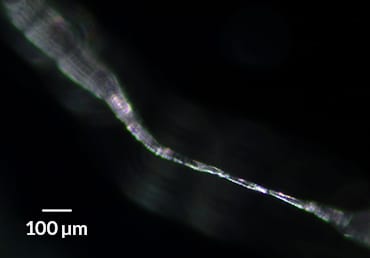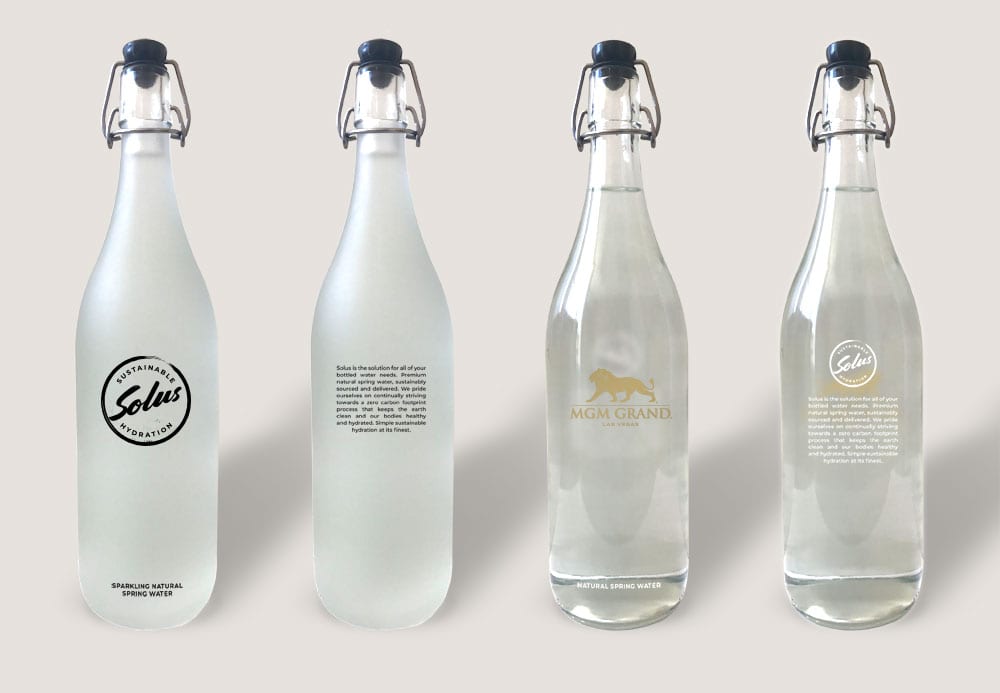In an almost untouched remote catchment in the Pyrenees of southern France, A research team has shown an alarming amount of microplastics being deposited by the atmosphere. Deonie Allen and colleagues from EcoLab in the School of Agricultural and Life Sciences in Toulouse, have recorded daily rates of up to 365 microplastic particles per square meter falling from the sky.

“Microplastics is a new atmospheric pollutant,” Allen says. This team studied wind patterns to attempt to find the source of the microplastic collected at this location and they found nothing in the immediate 60 mile radius, a region without industry, or agricultural activity, in addition to a low human population.
In previous studies in Paris and China, researchers found microplastic particulate predominantly composed of polypropylene or polyethylene terephthalate, PET, in more slender long fibers in the 100 nanometer range. Yet at this remote and mountainous site over 50% of particulate was found to be below 25 nanometers in size, mostly of polystyrene and polyethylene fragments common in packaging materials. This is of note because particles of this size have been shown to pass through the cell walls of aquatic organisms causing behavioral changes and affect endocrine function. Microplastics smaller than 25 microns can enter the human body through the nose or mouth. They have also been shown to pass through the cell walls of the intestine in humans.

The impacts of plastic production have serious implications for climate change as well. The plastics industry when compared to the greenhouse emissions of the worlds nations, would rank as the 4th greatest emitter of CO2 behind China, the U.S., and India.
Sustainable human activity must include recycling of materials, but where plastic is concerned this is simply not enough to solve this global plastic pollution crisis. Plastic production of single use packaging and other products is an unsustainable and destructive ecological practice.
At Solus, we are committed to delivering the best tasting, highest purity water to our customers in environmentally sustainable, closed cycle non polluting recyclable glass bottles. We have made environmental stewardship the core of our business strategy and philosophy. We love that consumers are responding to environmentally friendly choices as well, as reusable and environmentally glass containers are growing in popularity as a responsible choice for the future of our world.

